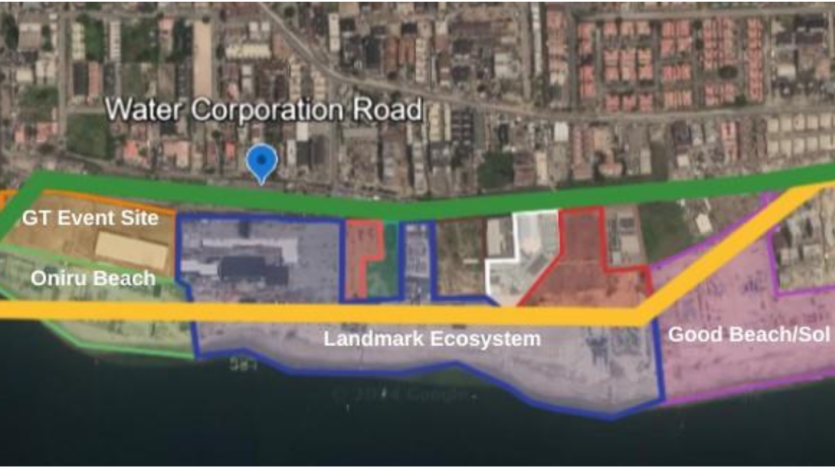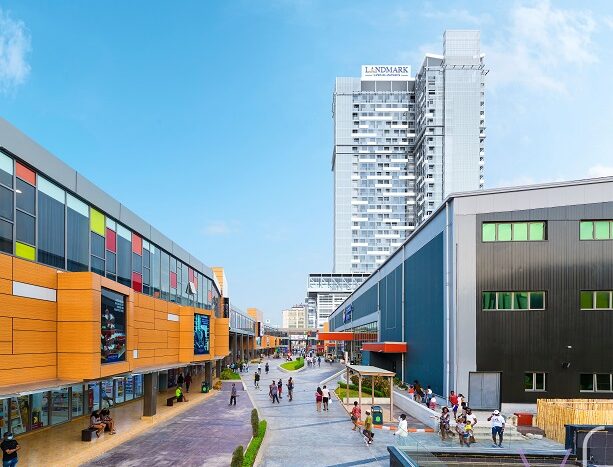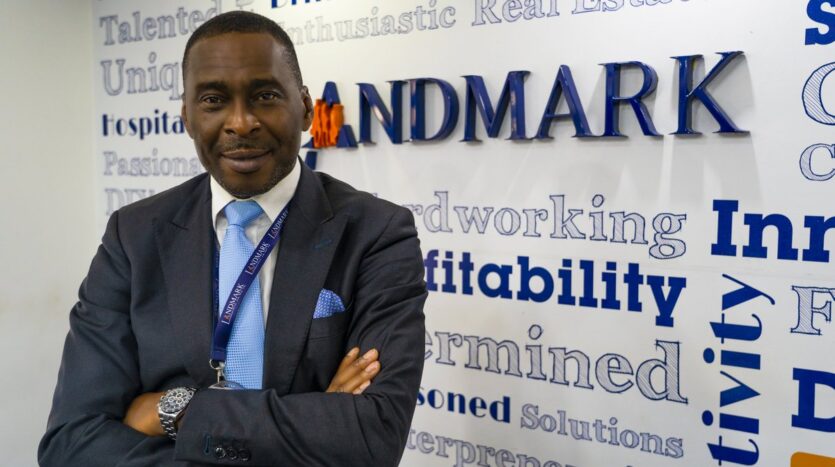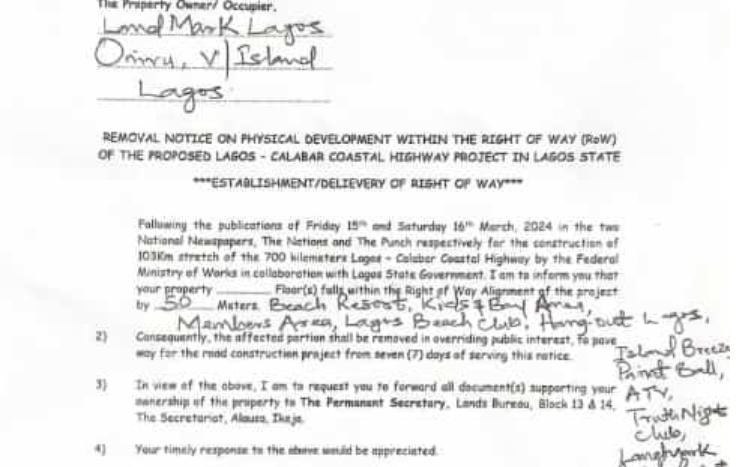Landmark seeks win-win solution with Govt as coastal road realignment impacts tourism and hospitality businesses.
1.5km out of 700km is negligible in the normal scheme of things, but in the case of the proposed Lagos -Calabar coastal road, that portion of the road in the Oniru axis will have significant impact on the tourism and hospitality sector of Lagos State. One of the prominent operators affected by that section of the road is Landmark Africa, which welcomed over 3 million visitors in 2023 by operating a tourism ecosystem comprising of 80 businesses. The company in a briefing note, explained that it acquired its beachfront land along Water Corporation Road, in Oniru Lagos State in 2007 when ‘the original construction plan for the road as part of the West African Coastal Highway was to go through the Water Corporation Road median’. A Google Earth photo released by the company (see below’) shows the original course of the coastal road which ran along the undeveloped Water Corporation Road median. The 1.5m portion of the road is now designed to go through the beachfront affecting the Oniru Beach, Landmark Ecosystem, Good Beach/Sol Beach amongst others. The resultant effect is that the Lagos State Government has issued a ‘Removal Notice’ for significant portions of the Landmark Africa ecosystem.
Enlarged Google Earth photo showing the proposed and original path of the Lagos- Calabar coastal Road
Landmark Africa’s CEO, Paul Onwuanibe, in a statement issued on April 4, 2024 appreciated the coastal road as commendable and stressed that the success story of Landmark Africa “would not have been possible without some government support and particularly that of the Lagos State Government” He has therefore reached out to the various arms of the Federal and Lagos State Government to explore win-win solutions ‘including rerouting of the first 1.5km out of the 700km stretch of the Road to its original location along the undeveloped Water Corporation Road median’.
In its 27 years of existence, Landmark Africa has developed the ecosystem into a veritable real estate phenomenon with its office segment serving as home to several Fortune 500 companies such as PricewaterhouseCoopers (PWC), Regus, Johnson & Johnson, Ansaldo Energia, Facebook (Meta), Google, IBM, Procter & Gamble, Novartis, Bosch, Universal Music Group, Cisco, Netapp, JP Morgan, Hewlett Packard (HP), Nokia Siemens Network etc. Recreation wise, international restaurant chains such as the only Hard Rock Café in West Africa, one of the first MX4D cinemas in West Africa, the first for purpose e-sports gaming centre in Nigeria, multiple beach clubs, a spa, rooftop bar, one of the largest convention centres in Nigeria, grocery stores, retail shops, land and water sports facilities for football, basketball, golf, kayaking and jet ski rides have made the location a destination hotspot for over 3 million visitors annually.
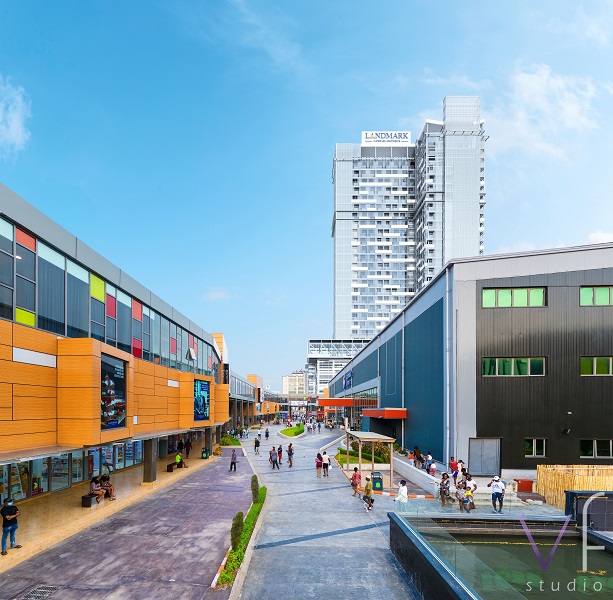
The Landmark Boulevard will include 8,000sqm of retail space around the existing Events Centre, Hard Rock Café and Shiro Restaurants.
Landmark Africa has secured anchors to the Boulevard with Filmhouse IMAX Cinema to the West, and the Family Entertainment Centre to the East, drawing traffic through the Plaza.
On the other hand, starting from Ahmadu Bello Way, Victoria Island in Lagos, the Lagos- Calabar coastal road will pass through Lekki deep seaport, Ogun, Ondo, Delta, Bayelsa, Cross River and Akwa-Ibom states. Writing on the impact of the road in a recent article, The Cable posited “Economic analysts have revealed that the completion of the first phase of the project alone could increase the size of Lagos State economy by 50% because of the connection to Lekki Deep Seaport and the Lekki economic corridor where Dangote Refinery and Petrochemical Complex is situated alongside other multinational industries.
One of the fascinating and interesting features of the coastal road is how it will compress the distance between Lagos and Ondo state. For instance, the distance from Ibeju-Lekki in Lagos to Araromi in Ondo state is about 50 kilometres along the coast. This distance translates to about an hour’s journey. From Araromi to Ore, a major connecting hub in Ondo state is about another 50 kilometres, whereas the existing route from Ibeju-Lekki to Ore currently in use by motorists is 150 kilometres.”
There will always be a cost to individuals and businesses when such gargantuan infrastructural projects are being developed but as posited by Landmark Africa “wide ranging consultations with concerned stakeholders are urgently needed for the purpose of formulating alternative win-win solutions for undertaking the development of the Road while preserving the existing businesses and their strong socioeconomic value add. Federal, state and local government support for this is very much required”.

